How to Conserve Water in an Emergency
If your area ever experiences drought or some other type of emergency, your family may have to do their part to conserve as much water in your home as they possibly can. This is especially true if your area’s water supply is critically low and there have been water restrictions set in place by your local officials. In that situation you may be left wondering how you could do your part, or what you could be doing differently?
Conserving water may mean changing some of our habits and regular routines. Some of these methods for conserving water I have mentioned below may no longer be an option if your emergency includes a power outage, but if that’s not the case, you’ll want to be sure to use most of them. You may even want to consider making them a part of your regular routine even after the emergency is gone. Here’s how to conserve water during an emergency.
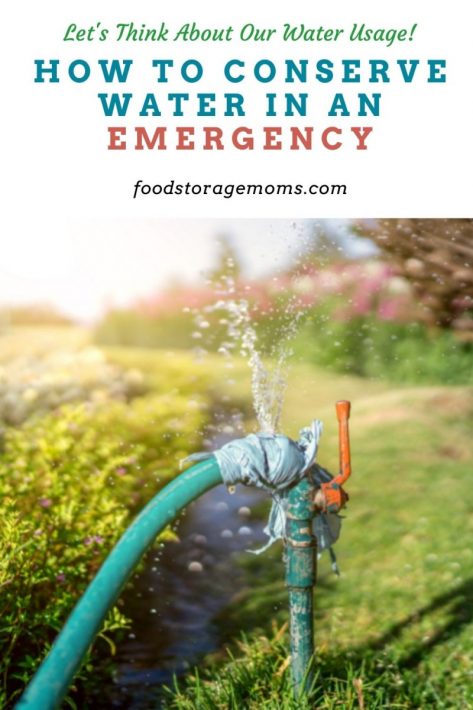
Conserve Water in the Kitchen
- Instead of rinsing fruits and vegetables underneath the kitchen faucet, place them in a bowl of water and swish them around to clean them off. You can then take the bowl of water to water some of your garden plants.
- When you have to defrost frozen meat and usually use running water to do that, instead, place it in the refrigerator the night before, or use the correct microwave setting to defrost it. That way you don’t have to use running water.
- If your dishwasher is still working following an emergency, you’d save water by using it versus washing all of your dishes by hand. Also, wait until it’s full of dishes before you run the wash cycle.
- Instead of running more water then you’ll end up using, particularly if you are trying to get it hot for use, be sure to measure out how many cups of water you will need when boiling a pot of coffee, tea, or hot cocoa.
- Use a refillable water bottle that you can drink out of all day instead of having to waste water by washing a cup every time you get thirsty. Whatever water you don’t plan on drinking, pour the water on your lawn or your garden.
- Whether you realize it or not, your garbage disposal needs water to break down food when you’re running it. During an emergency, consider adding leftover scraps to your compost pile. If you don’t currently have one, your emergency situation will be the perfect excuse.
- During an emergency, plan on keeping a pitcher filled with water in your refrigerator. That way you don’t have to wait for the faucet to cool down for drinking purposes.
Conserve Water in the Bathroom
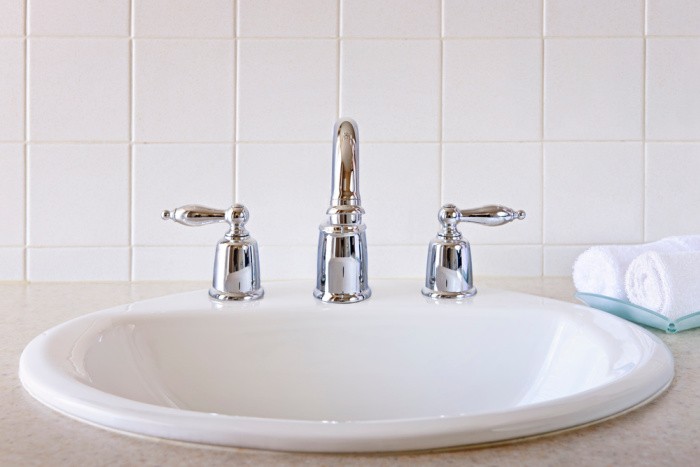
- Don’t leave the water running while brushing your teeth. You could also use a glass of water to rinse out your mouth and to clean off your toothbrush.
- Use an electric razor instead of having to use running water to shave your face. If not, fill up half of the bathroom’s wash bowel with water and use it versus leaving the water running.
- When you need to take a shower, turn on the water so that you can get wet and then shut it off. Once you’ve lathered and are ready to rinse off, turn the water back on. Repeat this method when you are washing your hair.
- If the method above seems too much, at least consider taking a short shower of no longer than 5 minutes. This equates to about 5 gallons of water used if your shower head has the newer water restrictor feature.
- When it is time to wash your hands, get them wet and then shut off the water. Lather your hands and then turn the water back on to rinse real quick.
- Don’t take baths during an emergency. One single bath can use anywhere from 40 to 70 gallons of water. That’s huge!
- It’s not going to hurt to have smaller children bathing in the bathtub at the same time.
- Did you know that on average, one single-family can use up to 20 gallons of water a day simply by flushing the toilet? So unless you’ve gone #2, you can get by only flushing your toilet once a day to conserve water during an emergency. That might sound disgusting, but you can always shut the bathroom door. There is a old saying, “If it’s yellow, let it mellow. If it’s brown, flush it down.”
Don’t ignore a leaky faucet. It may only seem like a small amount of water that’s trickling through, but it adds up quickly. If you have just 40 lbs of pressure and a 1/16 inch opening, it will allow 970 gallons of water to leak out in only a 24 hour period. Yikes! In case you missed this post, How To Love Cleaning Bathrooms Every Week
Conserve Water in the Laundry Room
- Be sure that you are only running full loads of laundry so that you don’t have to waste so many gallons of water.
- When washing your clothes in the washing machine, set it on the shortest cycle available.
Conserve Water on Your Lawn
- If your area’s water situation becomes bad enough, it could be illegal for you to wash your car in the driveway or even water the grass. If it isn’t, you should still consider using much less water in the meantime.
- Water your grass early in the morning before the sun dries up all the moisture. You may be very fond of your yard, but you may want to water your grass only once every two or three days until the conditions improve. Landscape experts tell us it is better to water less frequently but do so deeply. That means the roots need to work a little harder to find and absorb the water rather than finding it on the surface. You may need to water for short periods but more frequently on the days you do water so the water doesn’t just run off rather than soaking into the lawn.
Conserve Water in Your Garden
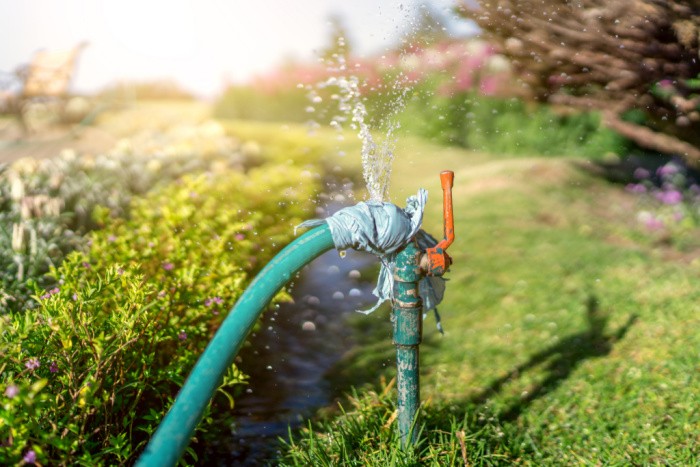
- Consider planting more native plants that can tolerate drier conditions
- Keep your garden moist and from having to water so often by adding mulch.
- Conserve water in your garden by getting yourself a rain barrel to collect falling rain.
- Go easier on the fertilizer in your garden during an emergency. It certainly does help your plants grow better, but it also increases the amount of water that they will need to keep them from getting burned from the chemicals. Also, look into using more natural fertilizers rather than chemicals.
These are my favorite Water Hose Sprayers because they control the flow. I have four of these and two for spares. These are the best ones I have ever used in my yard!
Final Word
Knowing what some of these tips are before you’re faced with a drought can help you conserve hundreds of gallons of water in a very short amount of time. As I said earlier, some of these practices would be a better solution to use on an everyday basis so that we’re not wasting nearly as much water. Can you think of other ways to conserve water during an emergency or drought? Or maybe you know firsthand how scarce water can become, and would be willing to share ways that you avoided wasting it? May God Bless this world, Linda.
Copyright Images: Wasting Water AdobeStock_181768343 by bohbeh, Kitchen Sink Deposit photos_4770057_s-2019, Bathroom Sink Deposit photos_6696654_s-2019

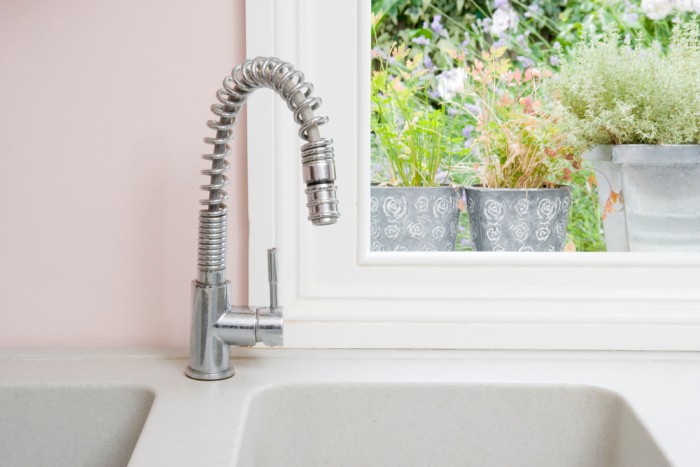

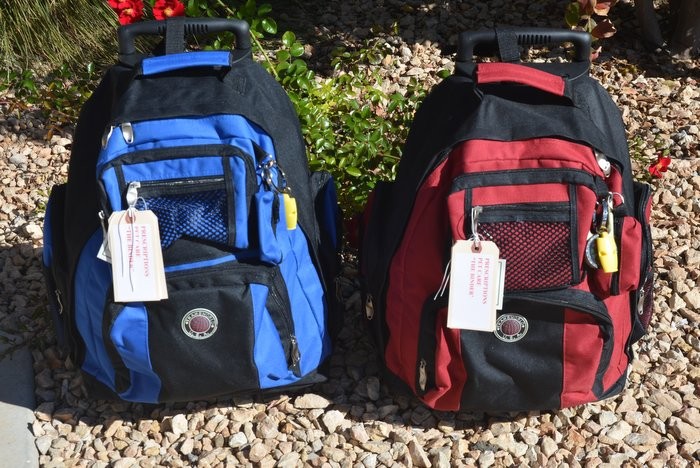
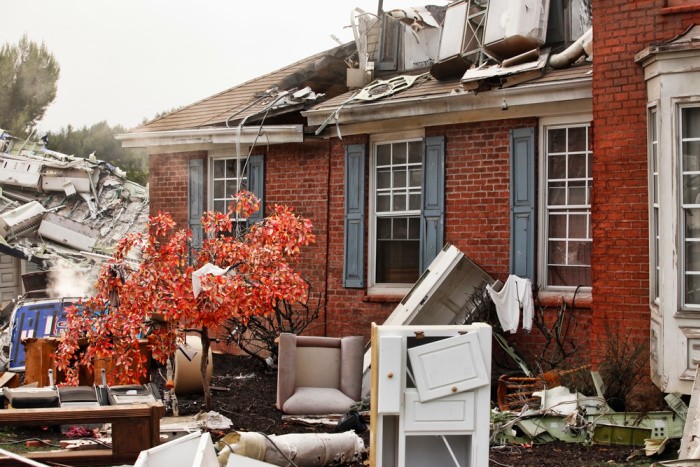

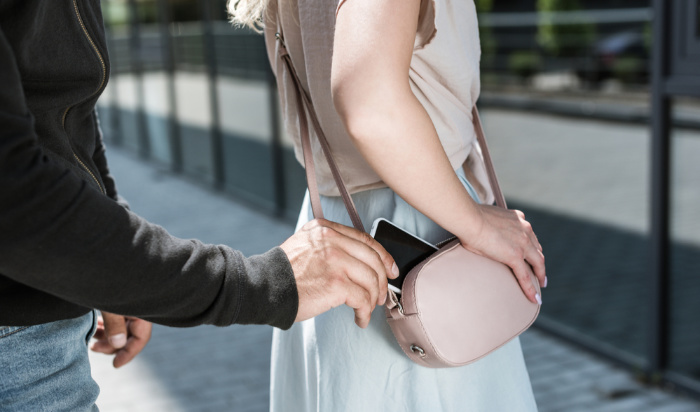
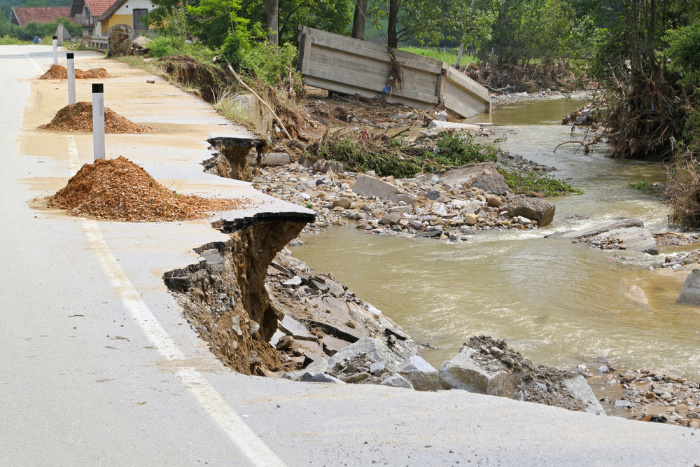
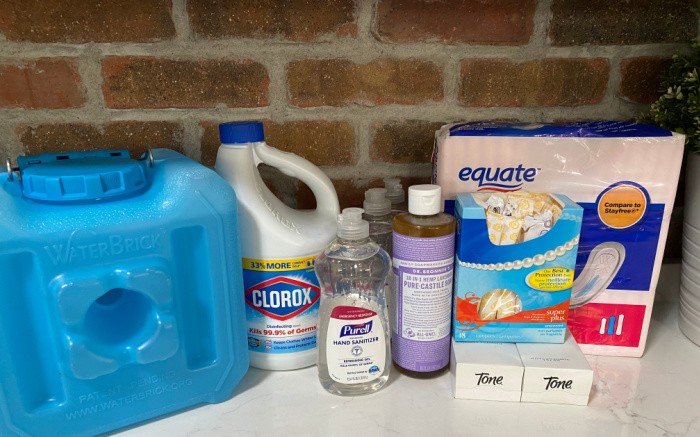













In Florida, we are required to conserve water because of the Alafia River. We can only water it once a week. LOL. I love this water conservation post! Such good tips!
Hi Jess, I’m always amazed when I see sprinklers on lawns at noon, the hottest time of the day. I’m not sure if they understand the water will evaporate faster in the heat of the day, crazy! Thank you for your kind words, Linda
For a shower get a 1.5 gallon hand pump sprayer. Fill it with a gallon of heated water.
Wet yourself- soap up – rinse. Good to go. I did this for about 6 months.
Hi Eagle, thank you for the tip, it sounds easy and very doable! Linda
Welcome.
Hi, Linda. I’m late adding to this, but the whole topic has been on my mind. I planted my tomatoes and peppers a month early and have been watering them using waste water from the kitchen sink. Just leave a bucket or pot in the sink to catch whatever you are using to wash hands, etc. I also use this same bucket to pre-rinse my dishes before going into the dishwasher. Sounds yucky but we have gone without water before. Not fun. BTW there is currently a great shortage in S. Oregon meaning our crops, vineyards and orchards will be on reduced and rationed irrigation water with the hope to merely keep things alive. Couple that with the grave (and proven) possibility of fire, we could be facing quite a summer. Then we have the question about food….
Sending best wishes from Medford,
Shirley
HI Shirley, oh no, this worries me about the water for the crops and vineyards. The fires, wow! You are a great example to all of us by conserving water! I’m going to put a bucket in my kitchen sink. Great tip! I love hearing you planted tomatoes and peppers! There is nothing better than that first red tomato! Stay safe, Linda